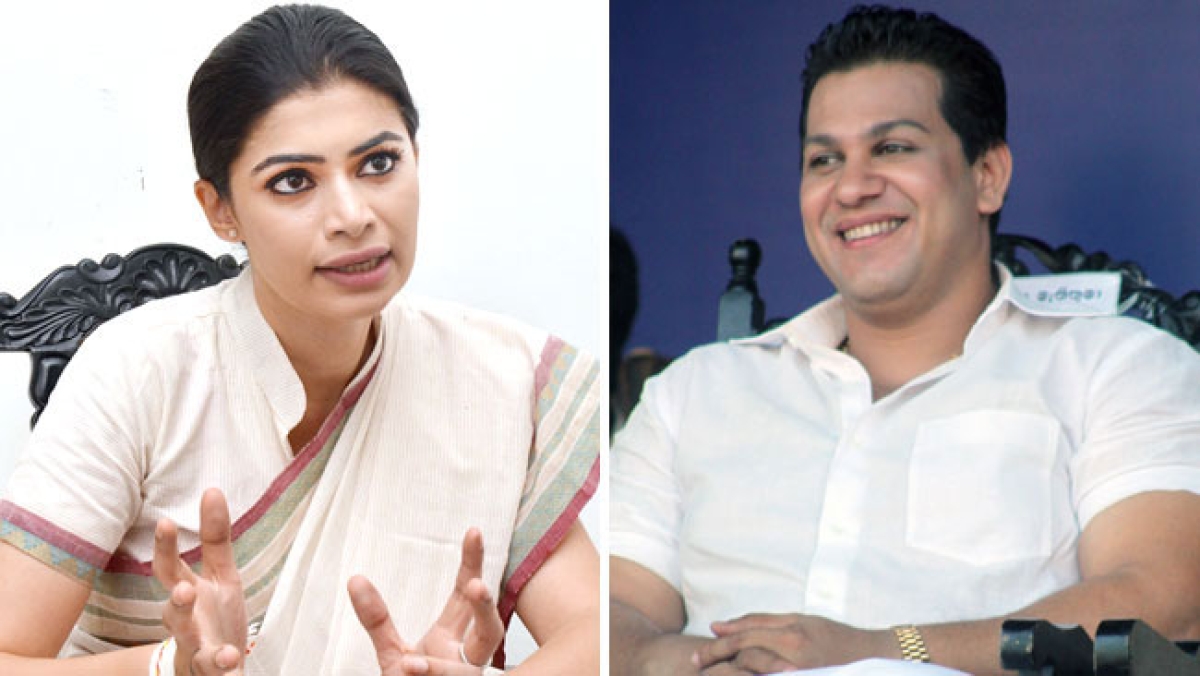The Supreme Court of Sri Lanka has invalidated the presidential pardon granted to former Member of Parliament Duminda Silva by President Gotabaya Rajapaksa. This ruling, which stems from concerns about the potential abuse of executive power, sheds light on the broader issue of controversial pardons issued by present and former presidents in the country.
The power to pardon, vested in the executive, serves as a check on the judiciary, providing a mechanism to rectify potential miscarriages of justice. However, the unchecked exercise of this executive power can lead to its abuse, a phenomenon evident in Sri Lanka's recent history.
One notable instance involves the 2020 presidential pardon granted to former Lance Corporal Sunil Ratnayake, who was on death row for the murder of eight individuals in Mirusuvil in 2000. Ratnayake's case had been previously affirmed by a five-judge bench of the Supreme Court, highlighting the contentious nature of the presidential pardon.
Former President Maithripala Sirisena also utilized this executive power to grant controversial pardons during his term. In May 2019, he pardoned Venerable Galagoda Aththe Gnanasara Thera, the secretary-general of the militant Sinhala-Buddhist group Bodu Bala Sena, who was serving a prison sentence for contempt of court. Another controversial pardon was extended to Don Shramantha Jude Anthony Jayamaha in November 2019, sentenced to death in the Royal Park Murder case.
The abuse of presidential pardons is not limited to high-profile cases, as mass-scale pardons for individuals convicted of minor offenses are routinely granted on special occasions such as Independence Day, Vesak Day, and Christmas.
Against this backdrop, the recent decision by the Supreme Court to revoke Duminda Silva's presidential pardon is significant. It serves as a check on potential abuses of executive power, ensuring accountability and upholding the integrity of the judiciary. This ruling sets a precedent for scrutinizing and challenging controversial pardons, marking a crucial step towards maintaining justice and the rule of law in Sri Lanka.










